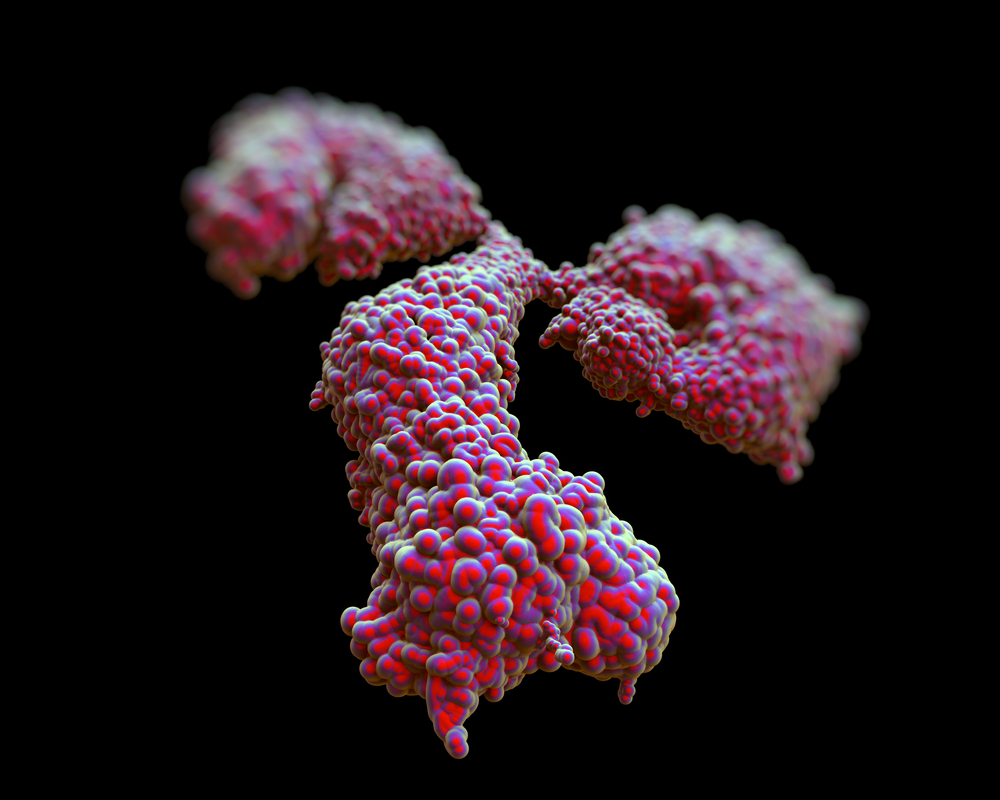Researchers Explore Decreased Numbers of Endothelial Progenitor Cells in Early-Stage SSc

 In a recent study entitled “Decreased numbers of endothelial progenitor cells in patients in the early stages of systemic sclerosis,” the authors report that systemic sclerosis patients at early disease stages carry fewer endothelial progenitor cells, thus, being more prone to vascular complications. The study was published in the journal Microvascular Research.
In a recent study entitled “Decreased numbers of endothelial progenitor cells in patients in the early stages of systemic sclerosis,” the authors report that systemic sclerosis patients at early disease stages carry fewer endothelial progenitor cells, thus, being more prone to vascular complications. The study was published in the journal Microvascular Research.
Systemic sclerosis (SSc) is a chronic autoimmune disease characterized by fibrosis of skin and internal organs. Additionally, patients in early stages of SSc also present vascular problems, mainly due to damage to the inner wall of blood vessels, the endothelium, resulting in endothelial dysfunction (i.e., an imbalance of the endothelium vasodilation and vasoconstriction properties) and microangiopathy of the capillaries (small blood vessels whose wall becomes so thick resulting in decreased blood flow).
Here, the authors aimed to determine if the vascular abnormalities presented by SSc patients are due to a reduction in the number of endothelial progenitor cells (EPCs) – these cells are mobilized from the bone-marrow and differentiate into fully mature endothelial cells to repopulate sites of endothelial injury and thus contribute to the formation of new vessels. The team determined the levels of circulating EPCs by flow-cytometry (and then confirming by colony-forming units) from thirty-nine women with SSc (with thirty patients at early stages of the disease), diagnosed according to the American College of Rheumatology/European League against Rheumatism (ACR/EULAR) classification criteria. Their results were compared to those from forty-four controls (healthy women with matched ages). The authors observed that, in agreement with previous reports, the EPCs quantification by flow cytometry (and CFU) revealed SSc patients exhibit significantly lower levels of EPCs when compared to healthy controls. Notably, however, while previous studies included SSc patients with advanced disease, their results are from a pool of patients in the early stages.
[adrotate group=”3″]
The authors highlight that their findings suggest that early stages of SSc are characterized by a significant defect in the formation of blood vessels arising from de novo endothelial cells. Although the mechanisms of why these patients carry such low levels were not addressed, the team hypothesizes that the reduced numbers can be associated with a decreased production of EPCs in the bone marrow, but also a defect in their mobilization towards circulation or higher apoptosis in these cells. Therefore, targeting EPCs in early stages of SSc can be a valuable therapeutic approach in these patients.






